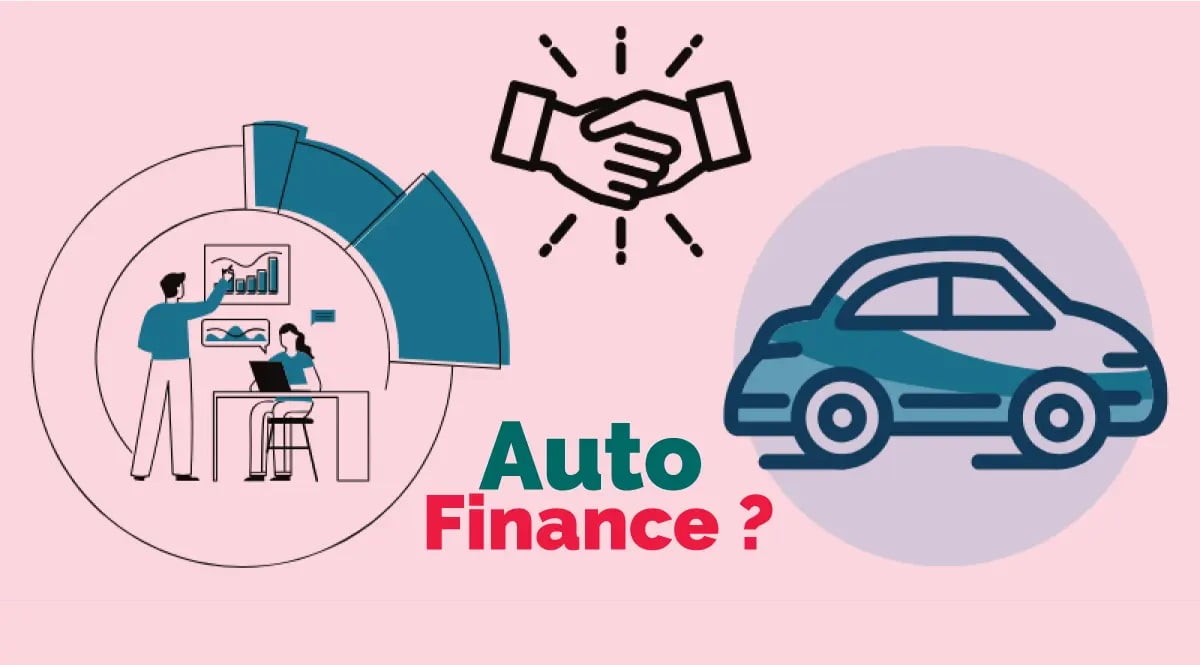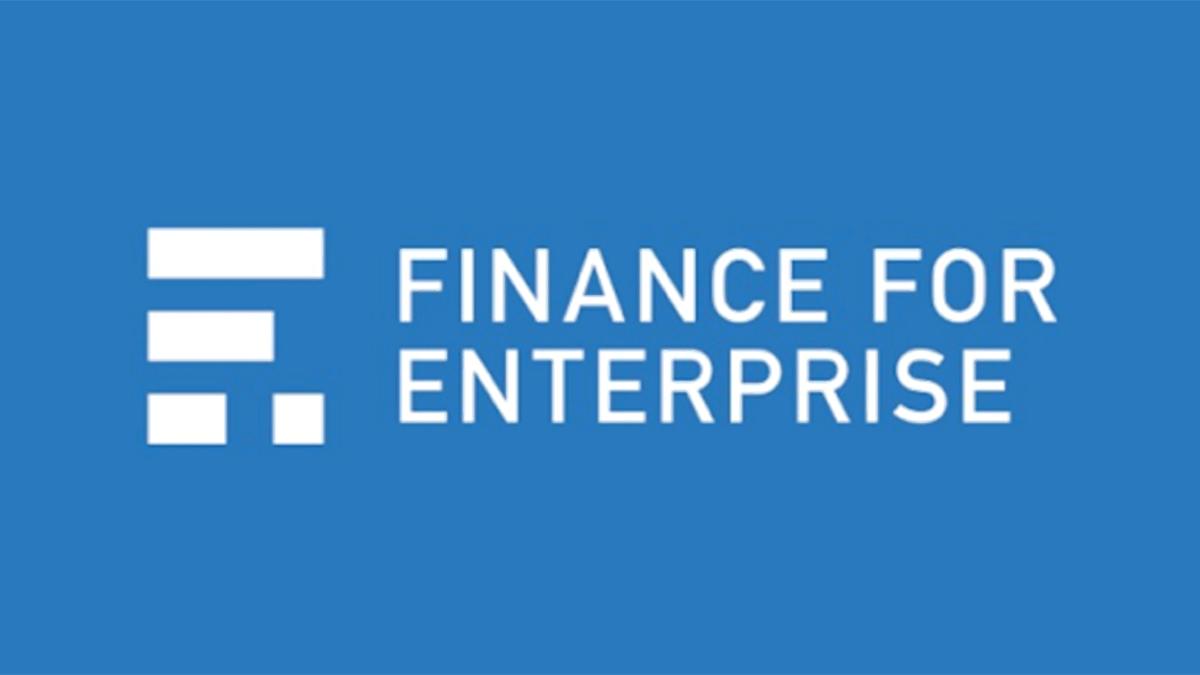Have you ever felt overwhelmed trying to manage your money? You’re not alone. Many of us weren’t taught the basics of budgeting, saving, investing, and more. But getting control of your personal finances is possible, even if you’re starting from zero.
With the right approach, you can gain confidence and take steps toward financial freedom. Don’t let money stress you out any longer. It’s time to become a personal finance expert. In this article, you’ll learn straightforward tips to take charge of your money. We’ll cover setting financial goals, making a budget, reducing debt, building an emergency fund, investing for the future and many other valuable information about personal financing.
What is Personal Financing Means
Personal financing refers to managing your money and controlling your financial situation. It involves creating budgets, paying off debt, saving money, and planning for major life events. When you take control of your personal finances, you gain freedom and flexibility over your financial future.
Personal finances can seem complicated, but learning simple money management skills will empower you to reach your financial goals. Implementing a few key strategies will lead to lifelong benefits like home ownership, retirement savings, lower stress, and greater financial freedom.
Also Read: Your Expert Guide to Hyundai Motor Finance Programs in 2024.
Overview of Personal Finance
Creating a Budget
The first step to gaining control of your finances is creating a budget. A budget helps you understand how much money is coming in and going out each month. Look at your income, expenses, and financial goals to determine how much to allocate for essentials like housing, food, and transportation, as well as discretionary items. Track your actual spending versus the budget each month and make adjustments as needed.
Also Read: What Is Sponsor Finance and How Can It Benefit Your Business?
Paying off Debt
High-interest debt like credit cards can be a major drain on your finances. Make paying off debt a priority and allocate as much as possible towards eliminating balances each month. Start with the highest-interest debts first. As you pay off each debt, roll the amount you were paying onto the next highest-interest debt. This snowball effect will help you pay off debt faster.
Saving Money
Once you have created a budget and started paying off debt, work on building your savings. A good rule of thumb is to save at least 10 to 15 percent of your take-home pay. Saving money provides a financial cushion in case of job loss, medical emergencies, or other unforeseen circumstances. It also allows you to set aside funds for major life goals like buying a home, paying for college, or retirement.
Staying disciplined and making your finances a priority can help you achieve your financial goals and find long-term financial success. Learn more about personal financing from CNBC.
Also Read: The Complete Guide to Mariner Finance Loans 2024.
The Complete Beginner’s Guide to Personal Finance
Evaluate Your Current Financial Situation
The first step to gaining control of your finances is to understand your current financial situation. This means taking a hard look at what’s coming in and what’s going out each month. Gather bank statements, bills, pay stubs, credit card statements, and anything else related to your income and expenses.
Next, create a basic budget to track your income and expenses. Your income should include your take-home pay after taxes as well as any other income sources. Your expenses will fall into two categories: fixed (rent, car payment, insurance) and variable (groceries, gas, entertainment). Try to account for all of your expenses to get a clear picture of your spending.
Also Read: How to Finance Your New Ride With Dyer Auto Finance?
Once you have a handle on your income and expenses, calculate your net worth. This is the total value of your assets (savings, investments, home, vehicles) minus your liabilities (mortgage, credit card debt, auto loans). If your liabilities are greater than your assets, make paying off debt a priority in your budget and financial goals.
Finally, think about your financial goals and how you can achieve them. Do you want to pay off debt, save for a down payment on a house, fund your child’s college education? Break down each goal into manageable steps and incorporate them into your budget. Review and revise your budget and financial situation regularly to ensure you stay on track to achieve your most important goals.
Also Read: Importance of Strategic Finance In Business Growth.
Create a Budget
Starting a budget from scratch can seem overwhelming. But don’t worry, with a few simple steps you will have control of your finances in no time. First, determine your income and expenses. List all sources of income, like your salary, interest earned, etc. Then track your spending for a few months to see where your money is actually going each month. Look for expenses you can reduce or eliminate.
Once you have a clear picture of your financial situation, it’s time to make a budget. Decide on a budgeting method that works for you, like the 50/30/20 rule or zero-based budgeting. The 50/30/20 rule allocates 50% of your income to essentials like rent and food, 30% to wants like dining out, and 20% to savings and debt repayment. With zero-based budgeting, your income minus your expenses equals zero. Track each expense to see if you can spend less in certain areas.
Set up automatic payments for bills and automatic transfers to your savings accounts. This makes budgeting practically effortless and helps avoid missed or late payments. Start by saving whatever you can, even if it’s a small amount. You can increase the amount over time as your income increases or expenses decrease.
A good budget accounts for both needs and wants, allows room for enjoyment in the present, and helps you work towards financial goals for the future.
Also Read: What is Crane Finance and How Does It Works?
Optimize Your Finances
To get your personal finances in order, focus on the basics: cut costs, increase income, pay off debt, and invest for the future.
Reduce Expenses
Go through your bank statements and look for charges that seem unnecessary like subscriptions you no longer use or dining out multiple times a week. Making a few small changes can add up to big savings over time. Even cutting your utility bills by 10% can make a difference.
Increase Your Income
Ask your boss for a raise if you’ve been in your role for at least a year and have exceeded expectations. If that’s not an option right now, pick up a side gig to generate extra money in your spare time like driving for a ridesharing service, tutoring online, or doing market research studies. Building new skills that you can leverage for a higher-paying job is another smart strategy.
Also Read: The Ins and Outs of the Academy of Finance and Enterprise.
Pay Off Debt
High-interest debt like credit cards should be your top priority. Make a plan to pay off balances as quickly as possible, either using the debt snowball method (paying smallest debts first) or the debt avalanche method (paying highest-interest debts first). Loans with lower interest rates, including federal student loans, should be paid off gradually without sacrificing saving for other important goals.
Invest for the Future
Look for ways to increase contributions by even 1% a year. Opening an IRA to invest for retirement is also a good idea. If your employer offers a matching 401(k) contribution, make sure you contribute at least enough to get any available match-that’s free money that can really add up over time. For shorter-term goals, contributing to a brokerage account monthly, even in small amounts, can build wealth over the long run.
Conclusion
You’re at the starting line of your personal finance journey. Take it step-by-step, be patient with yourself, and keep your eyes on the prize – financial freedom and stability. With some practical budgeting, smart goal setting, and consistent effort, you’ll be surprised how far you can go.





